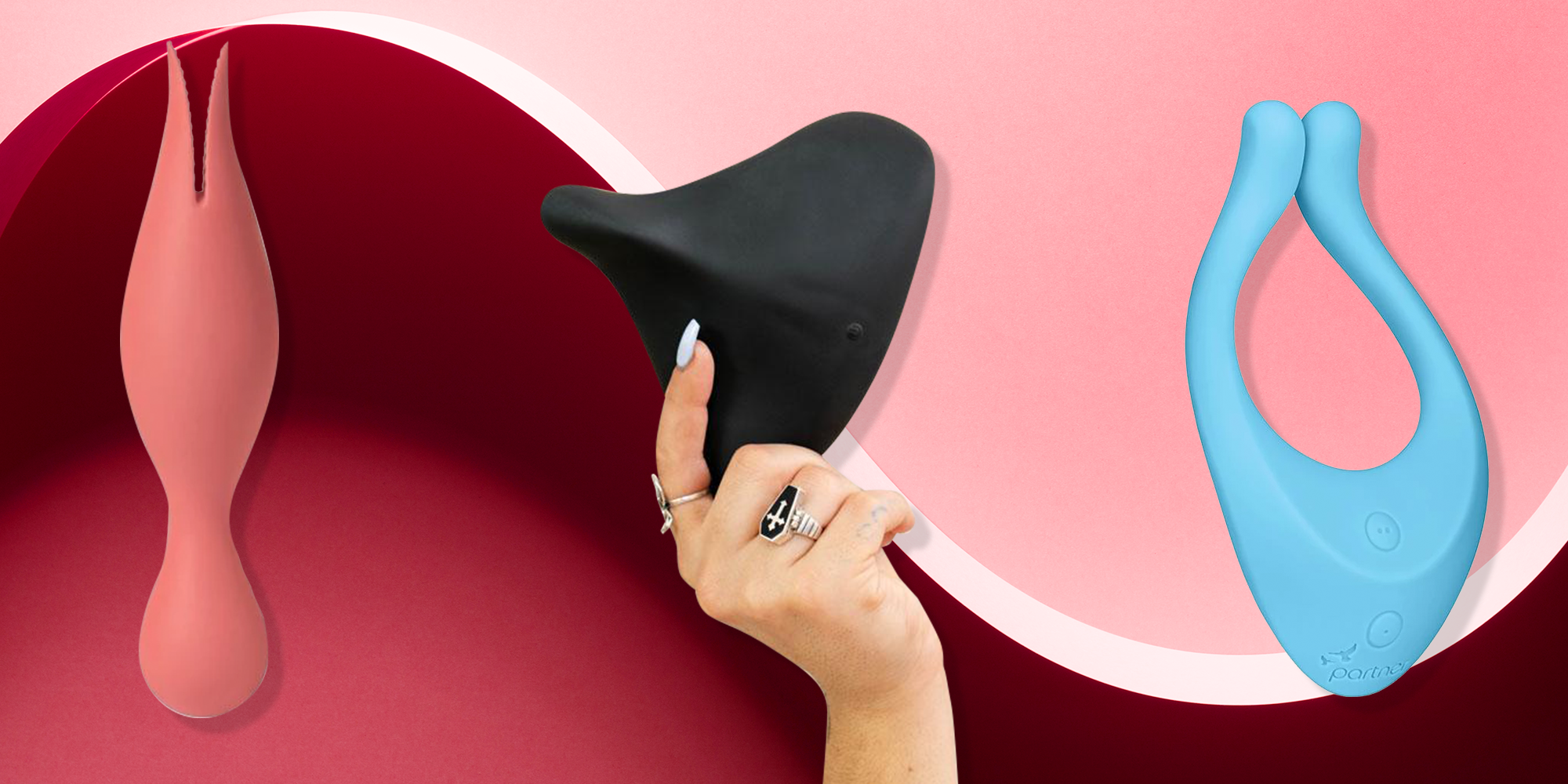Where to buy generic premarin overnight shipping no prescription
In the age of Urban Dictionary and internet memes, phrases to describe a person’s sexual preferences are invented on the reg. The problem? Some terms aren’t exactly nice. One you may have heard here and there is “pillow princess,” and while it might seem harmless, it can actually be problematic.
In case you’re not familiar with it, the term is used to describe someone who likes to hang back and let their partner do all the work during sex. Specifically, it usually means someone who regularly receives oral sex, but doesn’t reciprocate it. The gist is that a “pillow princess” is only interested in getting their rocks off, and not so much in trying to help their partner do the same.
“This term originated in the LGBTQIA+ community, specifically referencing lesbian and bi-sexual women who were predominantly or exclusively interested in receiving pleasure via oral sex, rather than orally giving pleasure,” explains Shawntres A. Parks, PhD, a licensed marriage and family therapist and co-founder of Parks & Powers Psychotherapy.
The term was first used in the ’90s, and made its way over to heterosexual communities after 2010, says Shannon Chavez, PsyD, K-Y’s sex therapist. “‘Pillow’ refers to passive and ‘princess’ has been a term used for someone that wants special treatment,” she explains.
As you can imagine, it’s really not a nice thing to say about someone, although not everyone views the term in a bad light. “My experience working with clients within the LGBTQ+ community is that ‘pillow princess’ is less stigmatized than in the straight community,” Parks says, noting that lesbian dating app HER actually allows users to apply a “pillow princess” badge to their dating profiles. “Although the ‘pillow princess’ moniker has been stigmatized in some ways, there are still many forums where there is acceptance for diverse sexual desires and preferences.”
And sure, while it’s important for sexual partners to give and receive, the term “pillow princess” feeds into some pretty problematic stereotypes. Here’s a breakdown of why this phrase is something you probably don’t want to let pass through your lips.
“Pillow princess” is used to shame women discovering their sexual preferences in bed.

You’re not born knowing what you wanna get into between the sheets, and it takes time to figure that out. Think of it this way: If you’re constantly focused on your partner’s wants and needs every second of every sexual interaction, you’re never going to figure out what gets you off.
“The stigmatization may discourage women who want to explore their sexuality and learn about their bodies by experiencing oral sex over penetrative sex,” Parks says.The end result, then, could be that you never find out what works for you (the horror!)—or it takes wayyyy longer than it should for you to figure out what gives you sexual pleasure.
It’s also used to shame women for being “lazy.”
When you hear “pillow princess,” you don’t imagine someone being super fired up and diving into the sexy situation unfolding in bed. Instead, this person appears to be more of a Cleopatra, sprawled out while being waited on hand and foot. “The term implies that the ‘pillow princess’ is not interested in pleasing a partner and is going to lay back and receive without any motivation towards pleasing a partner,” Chavez says.
It also has roots that stem from male-dominated society, Parks adds. “Patriarchal culture focuses predominantly on male pleasure and can reinforce the perspective that a woman who prioritizes her sexual pleasure is being ‘lazy’ in the bedroom,” she says. “I have experience working with women who feel judged and shamed when a male sexual partner labels them a ‘pillow princess’ in a derogatory manner. This ultimately applies pressure on women to prioritize their male partners’ pleasure as disproportionately more significant than their own.”
FYI: Your pleasure is important, and these sex positions can help put you in control:
Terms like this undermine the fact that pleasure looks different for everyone.
Here’s the thing: What works for one person doesn’t necessarily do it for another. “There are no norms around sex, and implying that there are expectations or roles leads to problems in motivation and desire for sex,” Chavez says. “It also leads to people judging others based on past sexual experiences.”
“Sex positivity involves adopting a non-judgmental perspective within yourself first,” Parks says. “If your optimal sexual experience involves receiving oral sex as the predominant mode of pleasure, then you should go for it.” She just recommends being upfront and open with partners about what you like and what your preferences are so you both know the score.
The term can be used to shame women for wanting to receive pleasure.


Let’s be honest here: Many people like to receive pleasure. Calling someone a pillow princess “implies that women who receive and enjoy receiving are somehow doing something wrong by enjoying [that] pleasure and sets the expectation that she has to be ‘active’ in sex in order to be ‘normal,'” Chavez says. The potential stereotypes generated from the term “can stigmatize women who enjoy receiving oral sex and imply that they are not interested in equity within sexual partnerships,” Parks notes.
It can make women feel insecure.
And really, that’s the last thing you want in bed. Calling someone a “pillow princess” can make them feel judged and afraid to ask for what they want sexually, Chavez says. Using the term only “increases shame around how people enjoy sexual pleasure” and “leads to insecurities,” she adds.
Source: Read Full Article
